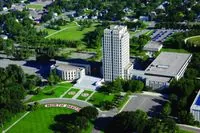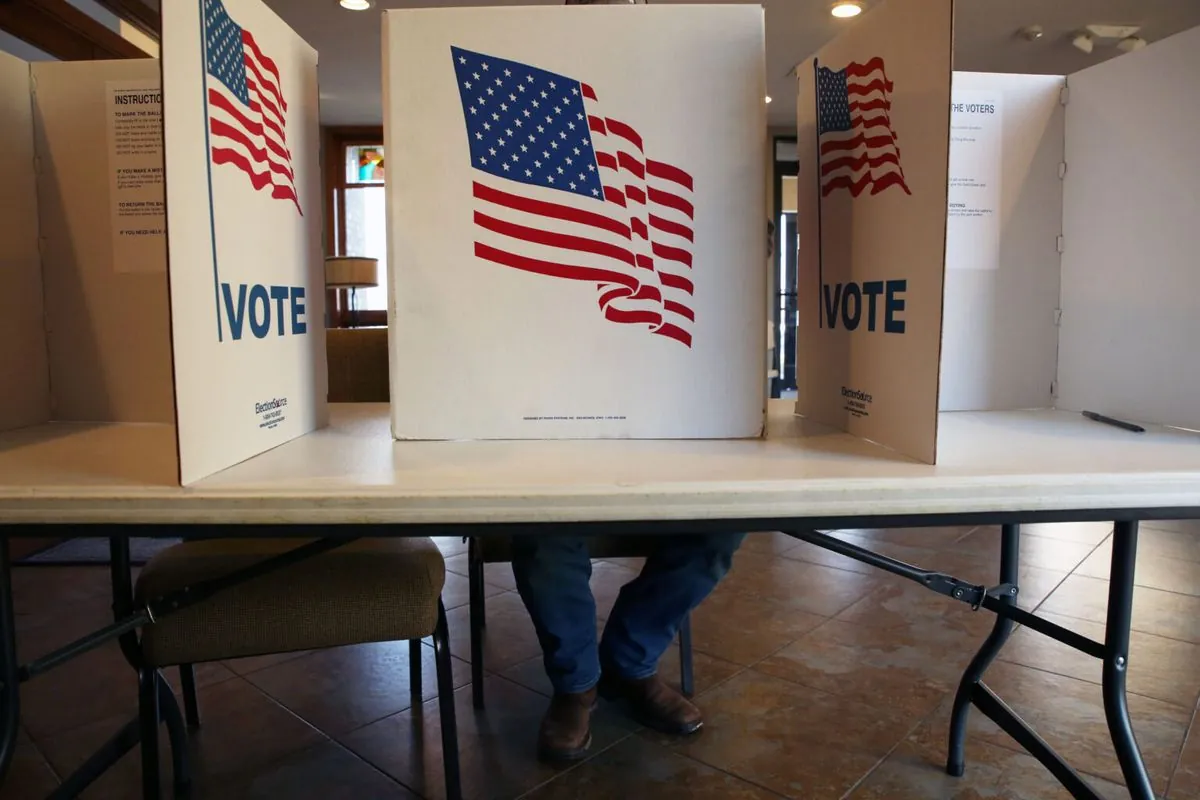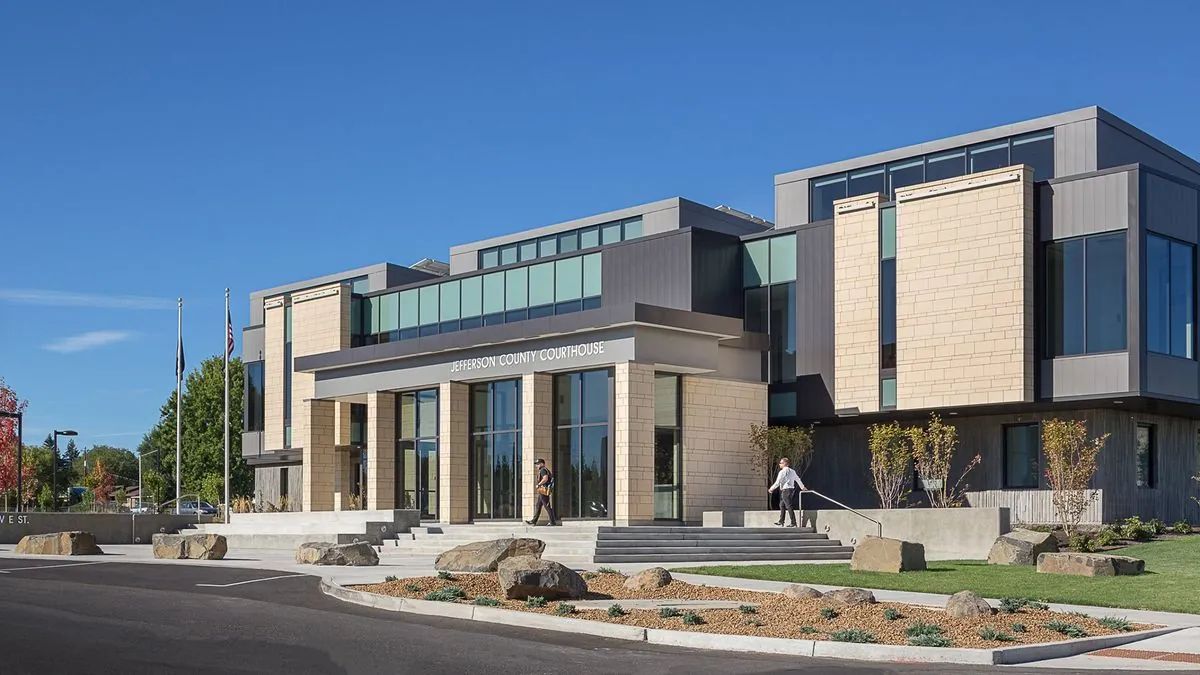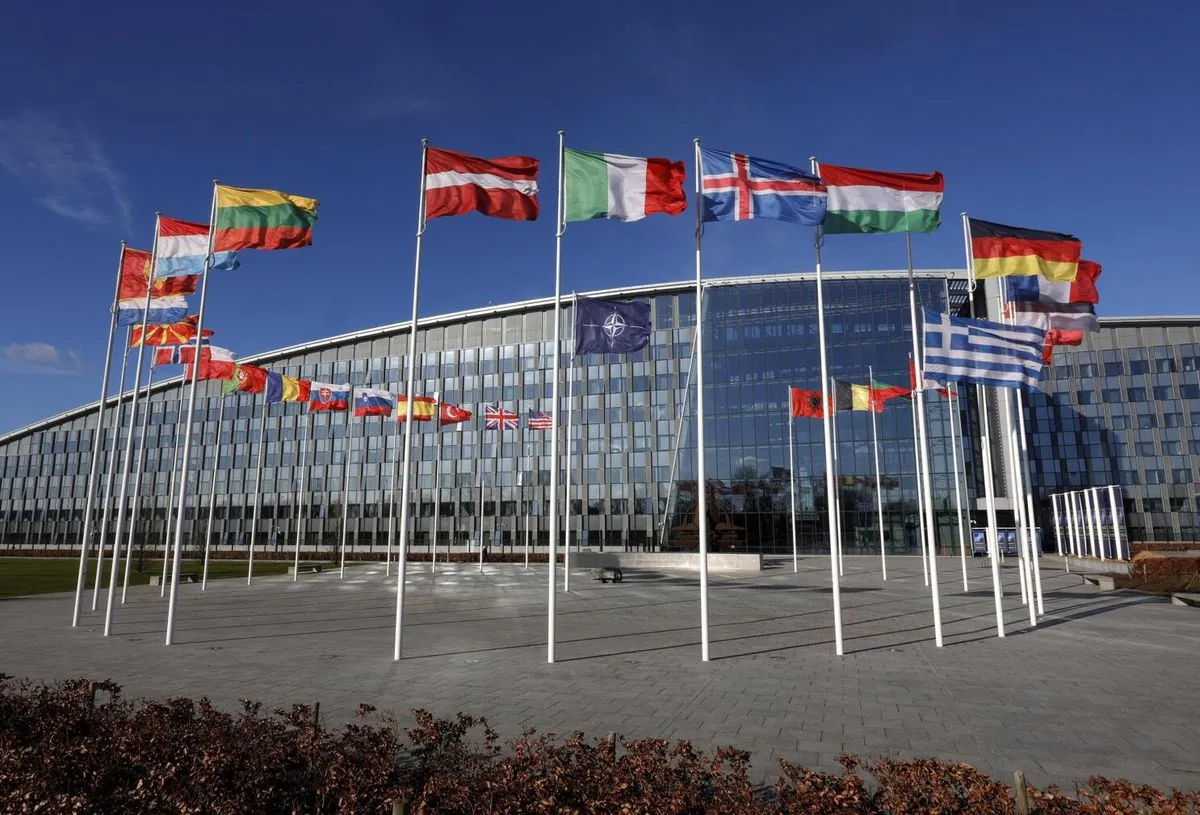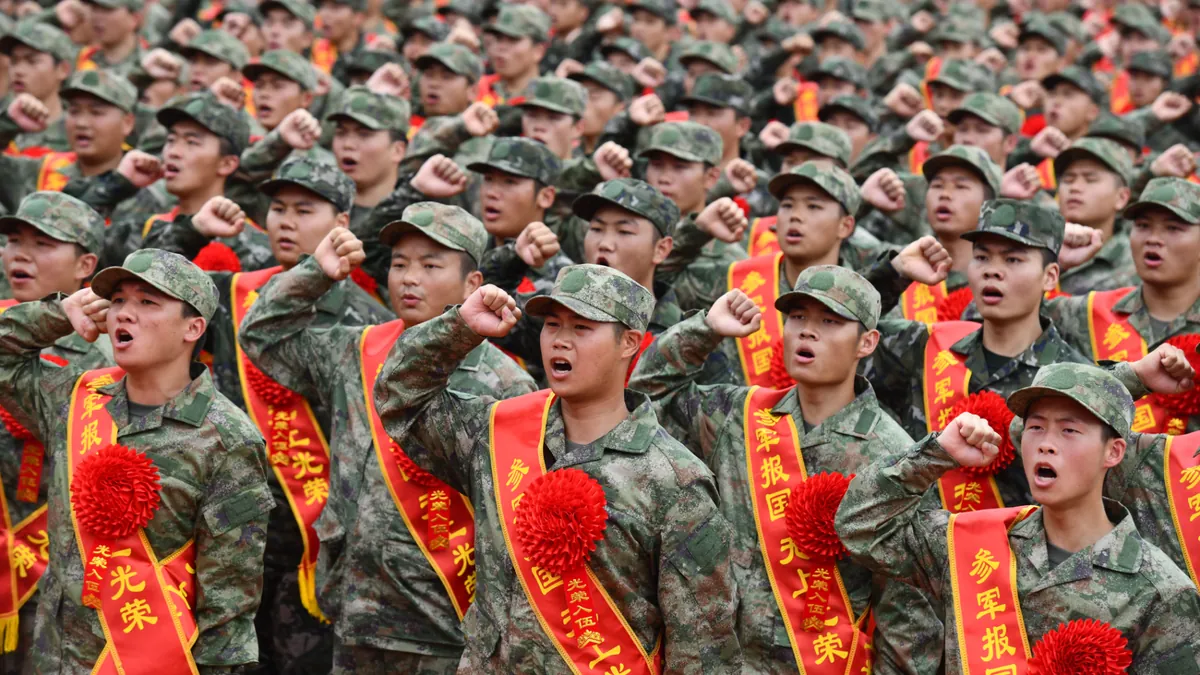Mauritius Sets Date for General Election Amid Economic Progress
Mauritius announces November 10 general election. Prime Minister Jugnauth seeks re-election following 2019 victory, as the island nation continues to bridge Africa and Asia economically.
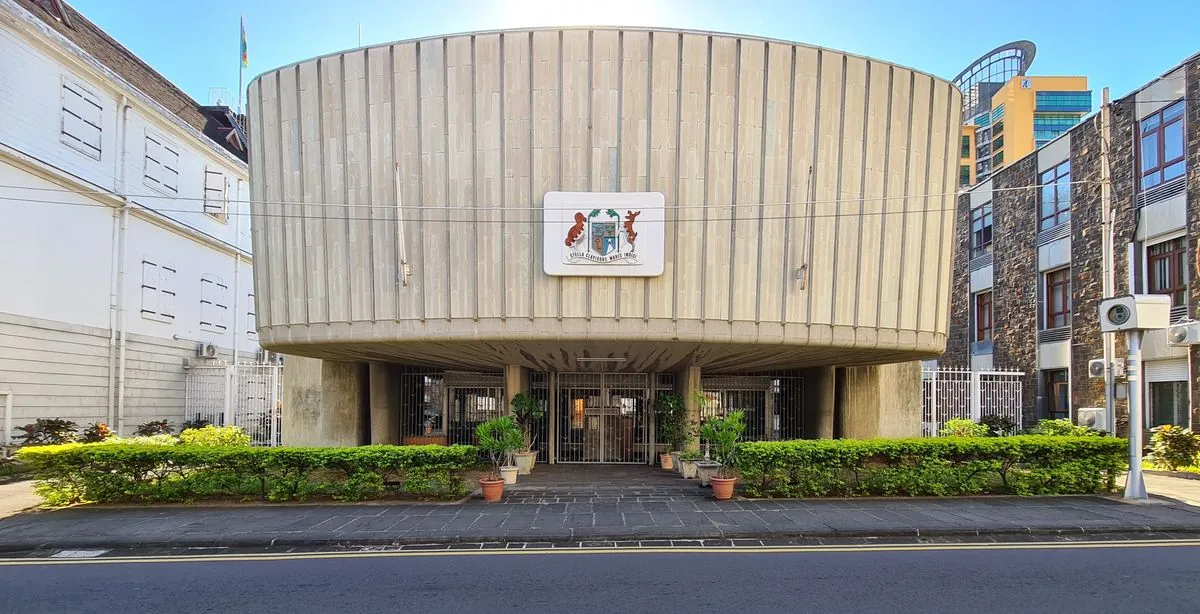
The Republic of Mauritius is gearing up for its upcoming general election, scheduled for November 10, 2024, as announced by President Prithvirajsing Roopun. This democratic exercise comes five years after the last election, which saw the Militant Socialist Movement (MSM) secure a majority in the National Assembly.
Pravind Kumar Jugnauth, the current Prime Minister, is seeking re-election after his party's victory in 2019, where they won 38 out of 62 parliamentary seats. Jugnauth's leadership began in 2017 when he succeeded his father, marking a significant transition in the nation's political landscape.
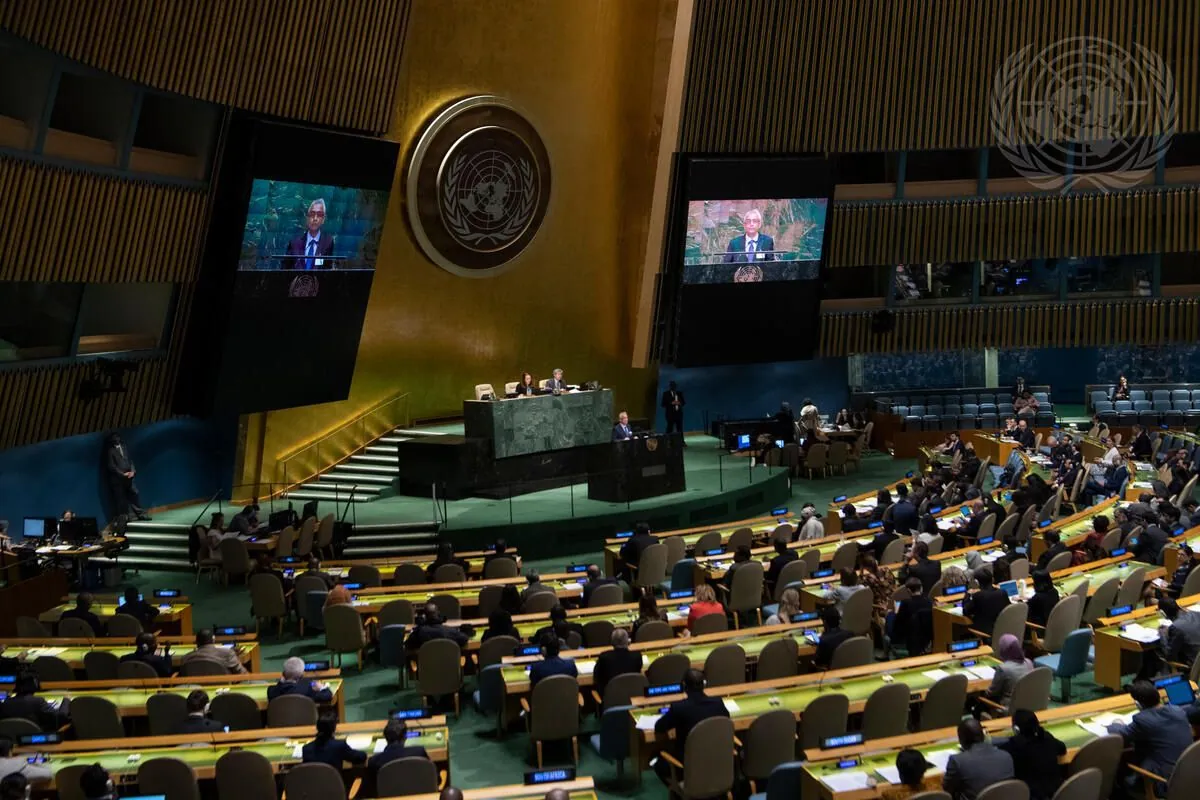
Mauritius, an island nation in the Indian Ocean, has made significant strides since gaining independence from the United Kingdom in 1968. It has established itself as a unique bridge between Africa and Asia, boasting a flourishing financial sector and a diverse economy based on tourism, textiles, sugar, and financial services.
The country's political stability was further reinforced in 2023 when a British court, acting as the final court of appeal for Mauritius, upheld Jugnauth's 2019 election win. This decision came after rejecting an opposition candidate's appeal alleging bribery and undue influence.
Mauritius stands out as the only African country ranked as a "full democracy" by the Economist Intelligence Unit, reflecting its commitment to democratic principles. The nation's unicameral parliament, known as the National Assembly, operates within a mixed legal system based on French civil law and English common law.
With a population of 1.3 million, Mauritius boasts one of the highest GDP per capita in Africa. The country's economic success is complemented by its high literacy rate of over 90% and a well-developed healthcare system offering free medical services to all citizens.
As the election approaches, Mauritius faces both opportunities and challenges. The country's status as a tax haven has contributed to its economic growth, but it also grapples with issues related to climate change and rising sea levels. The government has implemented successful environmental conservation programs, including coral reef protection, to address these concerns.
Mauritius's multicultural society, influenced by Indian, African, Chinese, and European cultures, is reflected in its linguistic diversity. While English is the official language, French and Creole are widely spoken, contributing to the nation's rich cultural tapestry.
The upcoming election will be closely watched as Mauritius continues to navigate its role as a key player in the region. With its strong tradition of press freedom and high ranking in media independence indexes, the electoral process is expected to be transparent and fair.
As Mauritians prepare to cast their votes, they do so in a country that has successfully balanced economic progress with environmental conservation, as evidenced by its UNESCO World Heritage Sites and innovative projects like the "Advanced Cyber City" initiative promoting IT and communications industries.
"The Republic of Mauritius will hold a general election on Nov. 10."
This election represents not just a political event, but a testament to Mauritius's ongoing journey as a beacon of democracy and economic development in the African continent.






























